Senator John Azuta Mbata’s acceptance speech as the 13th President-General of Ohanaeze Ndigbo has ignited a wave of optimism among the Igbo community. His address, delivered in Enugu, underscored a commitment to elevate the status of Ndigbo within Nigeria, addressing numerous challenges from political representation to regional security issues.
A Pledge for Renewal
Mbata’s speech was not merely an acceptance but a pledge to revitalize the spirit of the Igbo assembly, aiming to restore pride and prominence to the Igbo nationality in Nigeria. He acknowledged the trust placed in him by the Igbo people, promising not to disappoint with a team of technocrats eager to serve under the guidance of Igbo leaders and governors.
“I thank Ndigbo for reposing in me the responsibility of the office of the President General. I want to say that you will not be disappointed because we have assembled a team of technocrats desirous to serve, and I believe that under the guidance of our Governors, our leaders, Ndi Imeobi, we will do the needful and make you proud,” Mbata stated, emphasizing unity and service.
Challenges Ahead
The new leadership faces daunting challenges:
Political Representation: Ensuring fair representation and appointments at the federal level.
Infrastructure Development: Addressing the neglect of infrastructure in the Southeast, which has historically lagged behind other regions in Nigeria.
Security and Peace: The urgent matter of resolving the insecurity, including the release of Nnamdi Kanu, the leader of the Indigenous People of Biafra (IPOB), whose detention has been a significant point of contention.
The Election Process
The journey to Mbata’s election was fraught with contention, particularly around the rotational presidency, which was supposed to favor Rivers State. Initial concerns about the legitimacy of the election process were dispelled by the emphatic participation of all Southeast governors, signaling a unified front. Governors Peter Mbah, Alex Otti, Chukwuma Soludo, and Hope Uzodimma attended in person, while Governor Francis Nwifuru was represented by his chief of staff. Even Rivers State was represented, showcasing a collective resolve to support and strengthen Ohanaeze’s role.
The involvement of these governors was pivotal, as they worked behind the scenes to ensure a smooth transition and to restore the organization’s integrity. The Southeast Governors Forum chairman, Governor Hope Uzodinma, emphasized the need for leaders with track records who would foster harmony rather than discord.
Reactions and Expectations
The election has been broadly welcomed as a step towards unity and progress:
Emeka Ugwu-Oju, from the South East/South South Professionals of Nigeria, praised the governors for their unity and stakeholder consultation, which has helped in selecting leaders without the usual imposition leading to discord.
Senator Orji Uzor Kalu expressed confidence in Mbata’s ability to navigate the complexities of Nigerian politics for the benefit of the Igbo people, promising his support.
Cultural Credibility Development Initiative highlighted the election’s role in dispelling distrust and fostering a sense of unity and shared purpose among the Igbo.
Peter Obi’s Perspective
Peter Obi, the Labour Party’s presidential candidate in the last election, congratulated the new NEC on his X handle, urging them to use their positions to strengthen the Igbo community and contribute to national unity. He emphasized the confidence the people have in the new leadership’s ability to drive regional and national development.
Conclusion
Mbata’s leadership comes at a crucial time when the Igbo people seek recognition and development within the Nigerian federation. His commitment to collaboration with Igbo leaders, both traditional and political, sets a hopeful tone for addressing long-standing issues. The collective support from Southeast governors and the community at large suggests a renewed vigor in Ohanaeze Ndigbo to reclaim its role as a unifying and progressive force for the Igbo people across Nigeria.




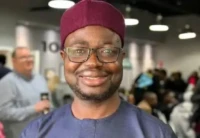

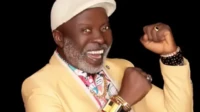

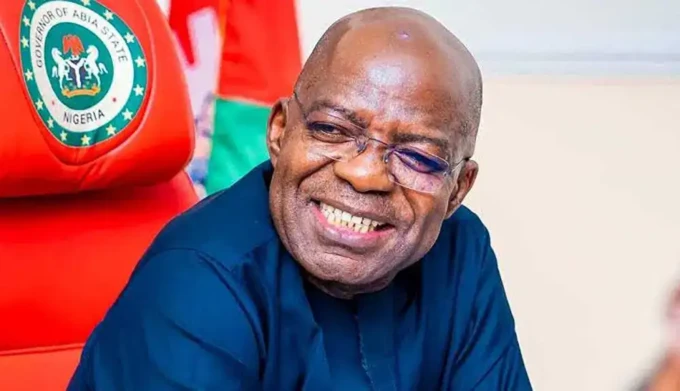
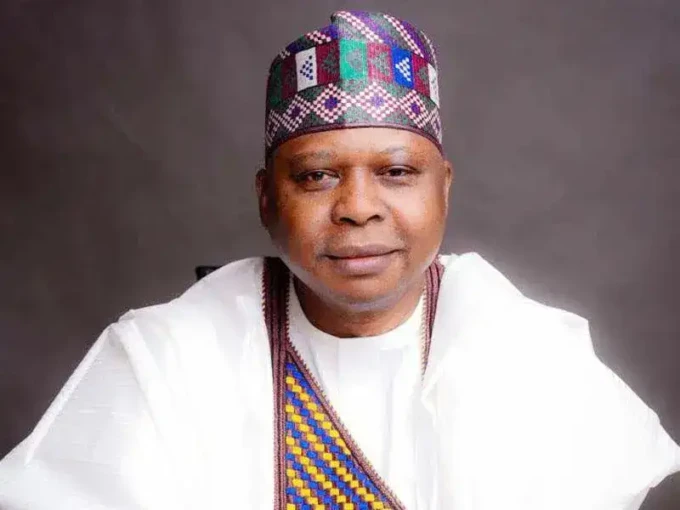

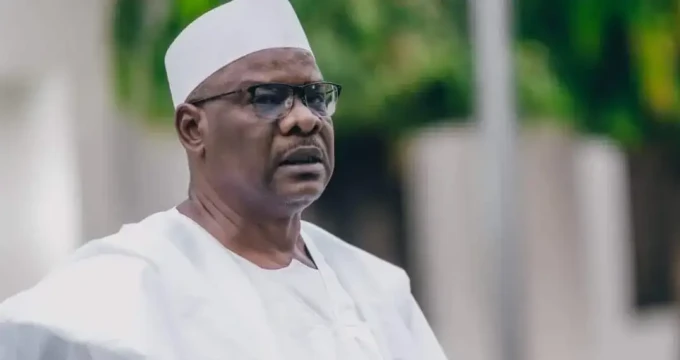
Leave a comment